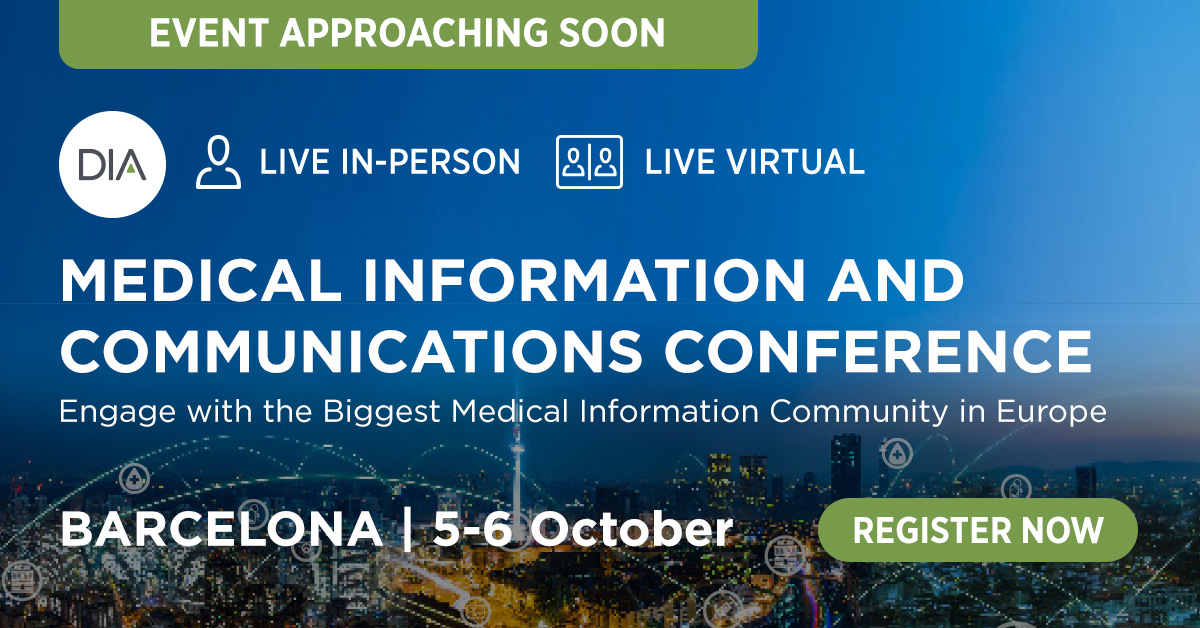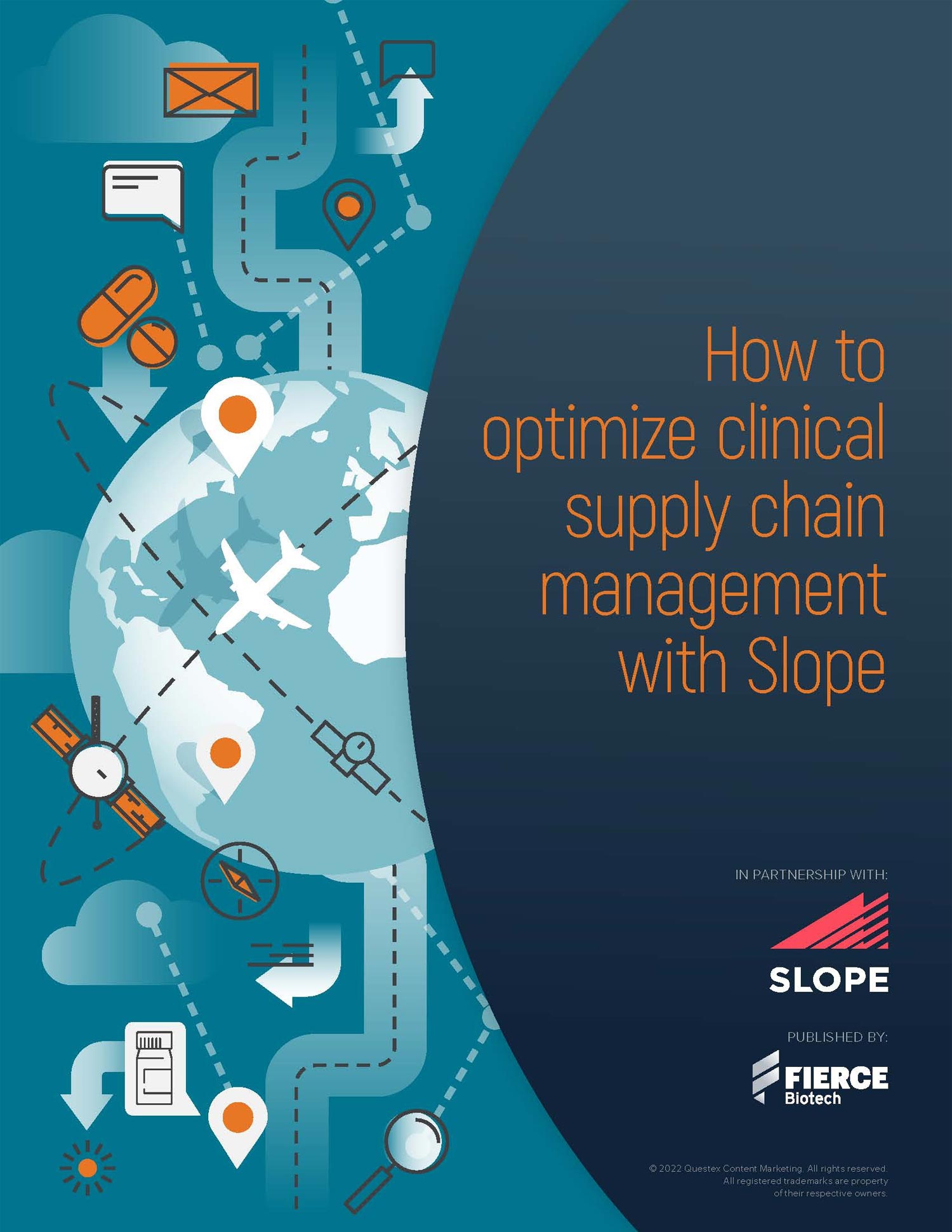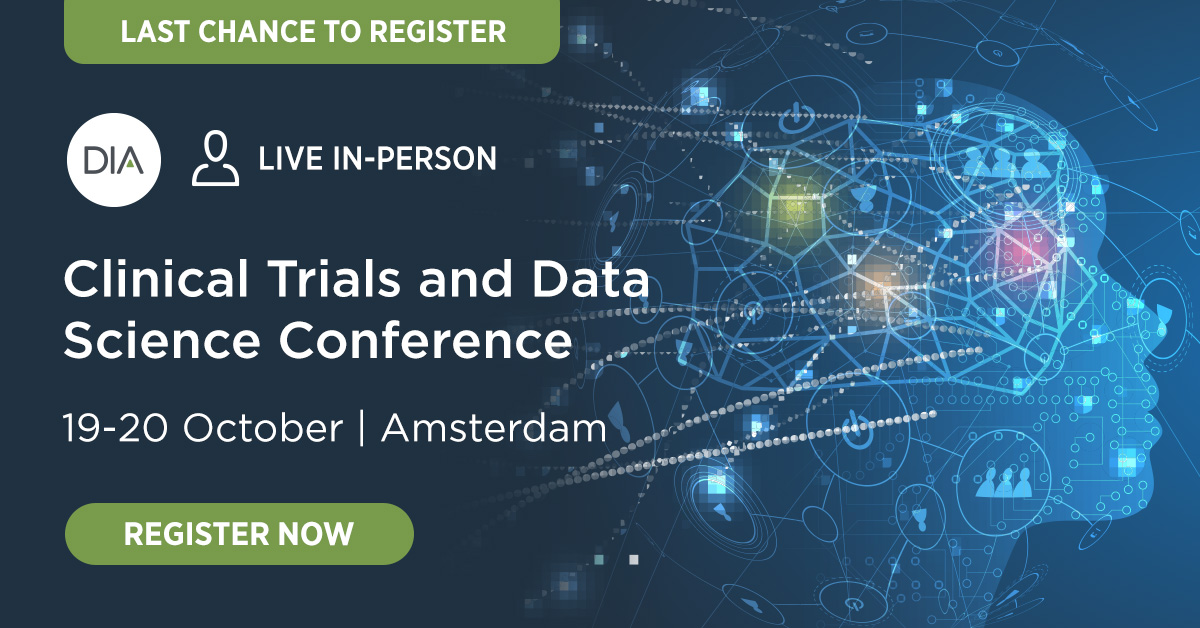Table of Contents
WHITE PAPERS
EXECUTIVE LEADERSHIP
Subscribe
Love Global Forum’s new online format? Subscribe today and never miss an issue.
Editorial Board
Content stream editors
Gary Kelloff US National Institutes of Health
Ilan Kirsch Adaptive Biotechnologies Corp.
regulatory science
Isaac Rodriguez-Chavez ICON plc
Patient engagement
Trishna Bharadia Patient Advocate and Media Contributor
Mary Stober Murray National Minority Quality Forum
Editorial Staff
Sandra Blumenrath, Managing Editor, Scientific Publications DIA Scientific Communications
Chris M. Slawecki, Senior Digital Copyeditor DIA Scientific Communications
Regional Editors
David Mukanga Bill and Melinda Gates Foundation
ASEAN
Jin Shun Sandoz
AUSTRALIA/NEW ZEALAND
Richard Day University of New South Wales, Medicine, St. Vincent’s Hospital
CHINA
Ling Su Shenyang Pharmaceutical University, Lilly Asia Ventures
Europe
Julie O’Brien Pfizer
INDIA
J. Vijay Venkatraman Oviya MedSafe
JAPAN
Ozawa Goshi Real Discovery Outdoors Co,. Ltd.
LATIN AMERICA
Cammilla Gomes Roche
USA
Ebony Dashiell-Aje BioMarin
Young Professionals Editor
DIA Membership
Bringing together stakeholders for the betterment of global health care.
NHS Shropshire
Telford and Wrekin Integrated Care Board
accine hesitancy among ethnic minority communities has been a challenge to the COVID-19 vaccine program in the UK. This case study explores how the Cheshire and Merseyside Health and Care Partnership addressed this challenge, resulting in significant improvement in vaccine uptake in a short period of time. Among the issues explored in this “deep dive” are reasons for vaccine hesitancy, addressing communication challenges, managing the nuances of different ethnic minority communities, and seeing how aspects of this regional action have been transposed to a national platform.
As the first and only system in the UK undertaking this effort, the work provided us with an incredible amount of insight ahead of the vaccine rollout and enabled us to massively increase vaccine uptake within ethnic minority groups in Cheshire and Merseyside. It put us ahead of the curve and won three prestigious national awards in 2021: two NHS Communicate Awards (“Best Behaviour Change or Public Health Campaign” and “Use of Insight and Data for Innovation in Communications”) as well as the Health Service Journal (HSJ) Award (“NHS Communications Initiative of the Year”). The work now informs not just the Cheshire and Merseyside’s communication and engagement approaches, but also their commissioning decisions.
Rogel Cancer Center and Clinical Autoimmunity Center of Excellence
University of Michigan
Lerner Research Institute
Cleveland Clinic
D6 is a cell surface glycoprotein on human lymphocytes, including T cells and natural killer (NK) cells. CD6 is becoming an attractive therapeutic target for many autoimmune diseases because genetic absence of CD6 or treatment with an anti-CD6 monoclonal antibody (mAb) protects against and even reverses autoimmunity. Here, we describe our recent studies strongly suggesting that anti-CD6 should also be evaluated as a new cancer immunotherapy.
he human microbiome is a complex ecosystem that can mediate the interaction of the human host with their environment, playing a central role in several cardiometabolic, immunological, and neurological processes. While the importance of the gut microbiota has been acknowledged for many years, the relevance of investigating the complex interactions between the gut microbiome and drugs in preclinical and clinical settings has been generally ignored by researchers and regulatory bodies.
White Paper
White Paper
Around the Globe
ne key pillar of the Association of Southeast Asian Nations (ASEAN) as outlined in the (draft) ASEAN Pharmaceutical Regulatory Policy (APRP) is that:
Around the Globe
Get Ready to Adapt!
Roder
@Parexel
he European Union Clinical Trial Regulation 536/2014 (EU CTR) aims to standardize and harmonize the conduct and management of interventional clinical trials across the European Economic Area (EEA), with legally binding rules on requirements and increased transparency.
- Submit, evaluate (scientific and ethical review), and authorize clinical trial applications (CTAs);
- Submit any trial-related notifications, reports, and results, up to the clinical study report; and
- Serve as the single communication channel between the sponsor and the Member States Concerned (MSC) in the clinical trial.
The new EU-CTR promises a harmonized, simplified process designed to decrease the burden resulting from idiosyncratic interpretations of the current EU-CTD. But it also poses new operational challenges to many clinical trial sponsors.
Around the Globe
Pfizer R&D Japan G.K.
s of May 2022, a new emergency approval system has been established in Japan through partial revision of the Pharmaceutical and Medical Device Act. The purpose of this revision is to “establish a mechanism for promptly approving new pharmaceutical products, medical devices, and regenerative medical products (hereinafter referred to as ‘pharmaceutical products, etc.’) in an emergency to prevent the spread of health hazards in situations such as the spread of diseases that may seriously affect the lives and health of citizens.”
Student Reflections on Industry Rotation and DIA GAM 2022 Experiences
PharmD Candidate
Leslie Sam and Associates
n the following three-way conversation, PharmD candidate Jazmyne Durrah Simmons retraces the path that led to her fourth-year pharmaceutical industry rotation, her DIA student membership, and DIA 2022 in Chicago, plus how these experiences reshaped the vision of her own professional future, and how and by whom she was helped along the way.
DIA Thanks Project Management Community Chair

Project management in the biopharmaceutical industry is different than in other industries, Mark explains: “Drug development is iterative, and you have to respond to different data as you receive it. You often need to make big pivots in your plans driven by data you get from different clinical or other experiments. The iterative nature would be the big difference. You just can’t predict what science is going to do. That’s why we do the experiments.










